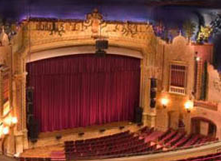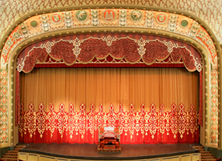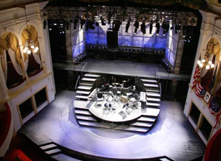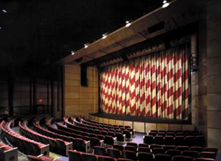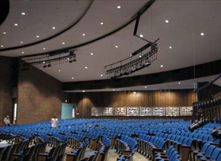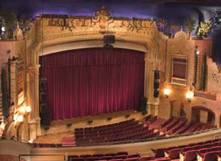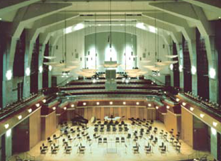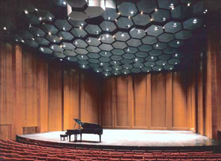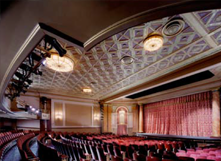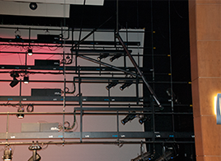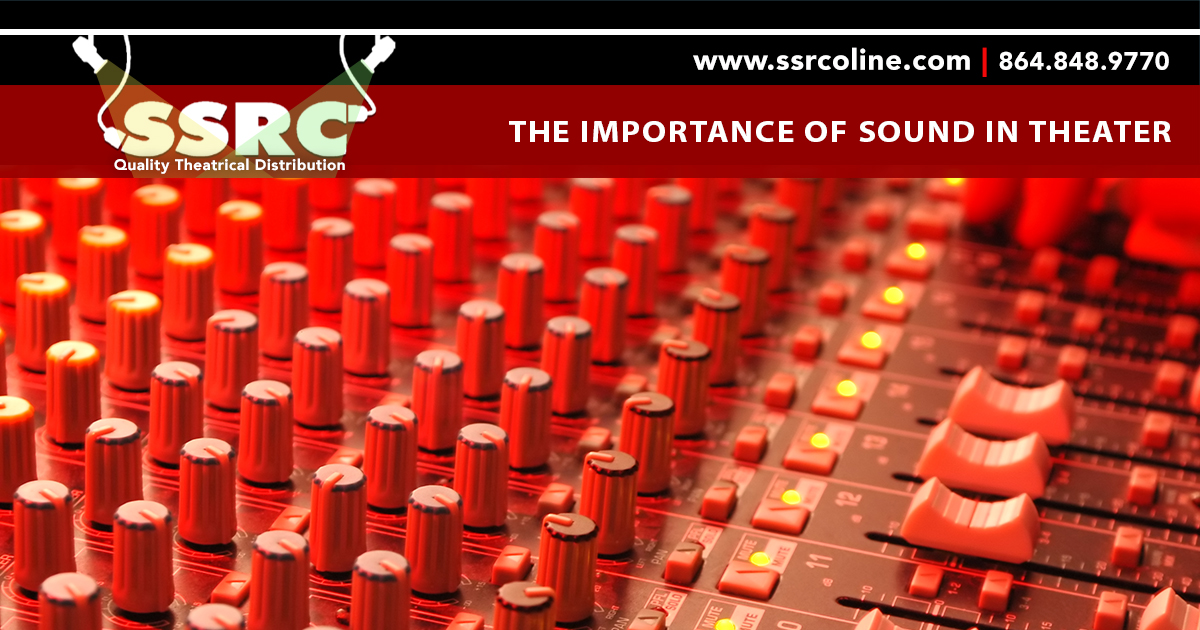
The Importance of Sound in Theater
Just like writing, acting, directing, and lighting, sound plays a critical role in the success of any great theatrical production. Sounds works synergistically with the other elements of the performance to help captivate the audience and bring them into another realm. By itself, sound functions as a key technical aspect in any acclaimed performance. To better understand the importance of sound in theater, we’ll explore the multi-faceted role of modern sound design in theatres today.
Establishing the Time, Location, and Cultural Context
When you stop and think about it, you’ll realize just how commonplace sound is in our everyday lives. At virtually every moment, you can hear new sounds coming in from the background and flowing into your ears. There are rarely ever complete moments of silence, and if they are, they are usually few and far between. This background or scenic noise you hear is oftentimes described as ‘soundscapes’ in the theatrical setting. Soundscapes can be effectively utilized to support designers in recreating a location, time, and cultural context. It can reflect social, historical, and climatic contexts to reflect a deliberate, thoughtful story being expressed to the audience.
When recreating any great theatrical performance, sound designers give a significant amount of thought to the location, the time period, genre, and venue of the performance. The sound of an automobile in 1920 sounds very different from a sports car driving down the highway today after all.
Setting the Mood and Atmosphere
Moving an audience to feel a particular way is critical to keep their attention. Different sounds one hears on stage are commonly associated with different moods and emotions. The right combination of sounds can create for suspense and fear, while others can influence an audience to feel excited and celebratory. Slower tempos can sadden us, while heavy beating drums can suggest that tragedy is in the air. Utilizing various music and sound effects at specific moments can heighten the mood and enrich the atmosphere.
Serving as Exposition
In the world of theater, not everything can be shown on stage; you need to leave some room to the imagination and understand that you do not have perfect Hollywood-studio effects at your fingertips. This means that sometimes during theatrical performances, actions are happening off-stage and you also need to prepare audiences for new, upcoming scenes behind the curtain. For this purpose, sound plays an integral role in serving as exposition. With realistic sound effects such as gunshots, doorbells, and telephones, sound can clearly alert audiences about what to expect in the upcoming moments on stage and help them make that mental transition quickly and seamlessly.
Design the Perfect Stage with the Help of SSRC
By establishing the context, setting the mood, and serving as exposition, it is clear that sound plays a critical role in enhancing the overall experience of any theatrical performance. In many ways, the success of your next performance rests upon your ability to design a captivating, quality production from start to finish. For handling the technical aspects of lighting, your stage and delivering sound throughout the venue, choose SSRC. We have over 30 years-experience working in the industry and have become a leading manufacturer based right here in the United States. To find out how we can best equip your stage, call us today at 864-848-9770.
Posted by admin
Recent Posts
Archives
- January 2022
- December 2021
- November 2021
- October 2021
- May 2021
- April 2021
- March 2021
- February 2021
- January 2021
- October 2020
- September 2020
- August 2020
- July 2020
- June 2020
- April 2020
- March 2020
- January 2020
- November 2019
- October 2019
- August 2019
- July 2019
- May 2019
- April 2019
- March 2019
- February 2019
- January 2019
- November 2018
- October 2018
- September 2018
- August 2018
- July 2018
- June 2018
- May 2018
- April 2018
- March 2018
- January 2018
- December 2017
- October 2017
- September 2017
- August 2017
- July 2017
- June 2017
- July 2016
- June 2016
- May 2016
- March 2016
